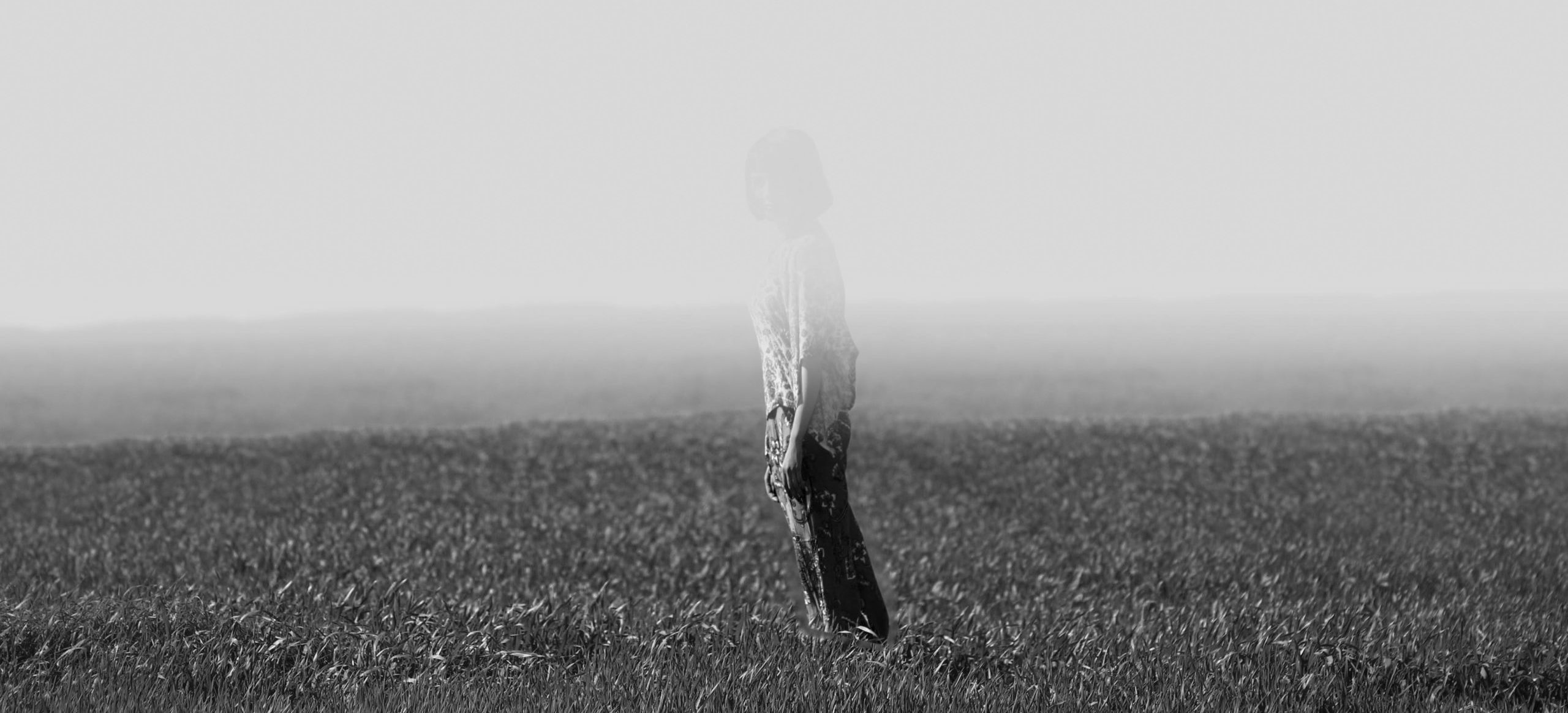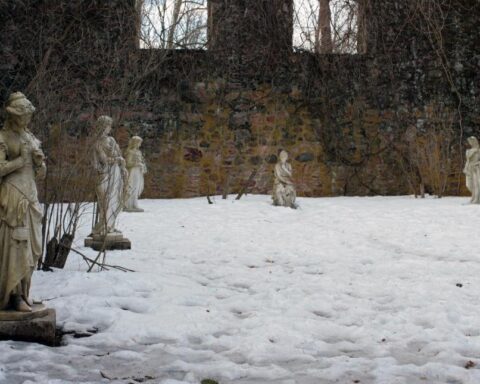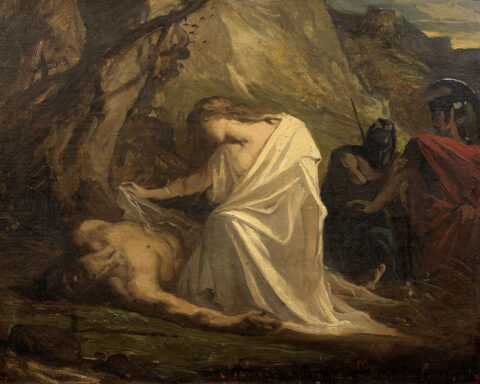Infinity is one of the most difficult subjects for poetry. Poetry, as an art, tends toward the abstract, the leap of thought from one idea to another, and the constant pull away from the concrete elements that keep a poem pinned down to reality. What makes a poem speak to the reader is its ability to speak to the specifics of the familiar world. That is why it is both surprising and engaging to read Jim Johnstone’s new collection, Infinity Network. Just as the tangibles are connected by being part of the visible and the familiar, Johnstone discovers new ways of cataloging and expressing one of the most challenging topics for a poet to handle, the abstract ideas of the infinite.
Johnstone who has recently risen to prominence on the Toronto poetry scene as both an exciting new voice and publisher of the Anstruther Press chapbooks, begins by taking apart one of the most familiar symbols for infinity – the Ouroboros, the mythic snake that tries to consume itself by attempting to swallow its own tail. Instead of saying the ouroboros is a conceptual creature, Johnstone gives the snake bones, flesh, lungs, throat, and even a heart in an intelligent act of personification. It is both a tattoo the persona wears on his flesh but the flesh and life beneath it.
In “Post-Truth,” Johnstone confronts another difficult idea – the concept of truth. Plato attempted to put truth in concrete terms as does Hamlet in Shakespeare’s play but neither do so with the precision Johnstone uses. What is truth? What is goodness? He realizes this is an age of ‘alternative facts,’ ‘fake news,’ and daft rumors.
To sort out what is real and not real, the struggle Saint Augustine describes in Confessions, is no easy task, yet the poet concludes:
any reminders that we were here,
together, if only just to laugh
off truth – meme, meaning,
identity – the ground floor
where we disguise, despite everything
as wolves in wolves clothing.
In other words, the great abstractions that haunt this age cannot be taken seriously because they represent a colossal non-sequitur. We are what we are and beyond that, there isn’t much we can take seriously. This is a rather dark view of reality but it is a stance that epistemologically carries some credence. As the poet David Wevill said, the hardest thing to imagine is oneself, and the self is so obvious that it is the first thing to be overlooked. The truth is out there, according to the X-Files but why look beyond ourselves when the truth is in each of us?
Later in the book Johnstone confronts one of the great amorphous abstracts that puzzle and push us to the edge of comprehension and the madness that resides beyond that boundary. In “Identity as an Echo Chamber,” he asks the age-old question, ‘who am I?’
We can’t help but see things as we are,
recoil from strangers who absent-mindedly
flip their safeties and jam their trigger
fingers down, entirely happy to squeeze off
a round before answering to authority.
Reality is where we live but aside from the joys of being here and now it has become a dangerous neighborhood. He asks, “but who wouldn’t atone / to hear what they want to hear –” Everyone wants confirmation of their existence. Some forms of certainty, however, are lethal whereas in the realm of the abstractions the cosmological system operates according to the variables and verities of the question being posed. In other words, we shouldn’t need anyone to confirm our existence, especially if they are carrying ordinance.
The ethos of the book is summed up in the epigraph. Chuck Klosterman, an American novelist, and essayist who has wrestled with the same questions and their ethical bearing on us notes “In and of itself, nothing really matters. What matters is that nothing is ever in and of itself.” The reference to Queen’s Bohemian Rhapsody aside, Johnstone supports the contention that the great abstractions are an irksome rash that continually itches us to the point we scratch them into an oozing mess. Johnstone, in the title poem for the book, opens with the lines “We’re safe until we’re not.” No kidding: yet this is about as certain as we can be of the separation of self and infinity.
Johnstone says that we can’t believe what we know. True. David Hume said as much in the Eighteenth century, as did Bishop Berkeley. Setting Berkeley aside for a moment because he was driven crazy by the tar emulsion he drank each day, the very dour and precise Hume raised the question of how we know what we know. The process isn’t pretty. As in the repeated motif of having one’s picture taken then disappearing that Johnstone uses, information, our perceptions of the world must pass through the limitations and quirks of sight, the selective seeing or the mote in the eye where we have a blind spot and our brains fill in the missing pieces. Once input into our heads, an idea must pass through “fancy” or what we think we are seeing before being sieved through past experience or memory to become an idea. Johnstone realizes we cannot know what we know despite our best efforts to arrive at certainty; perhaps the only certainties are the anatomical elements of the ouroboros that are, for better or worse, what we imagine them to be.




